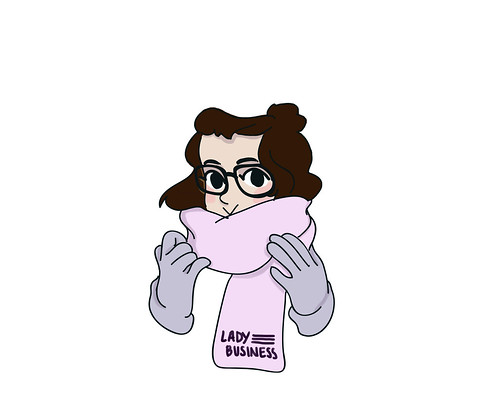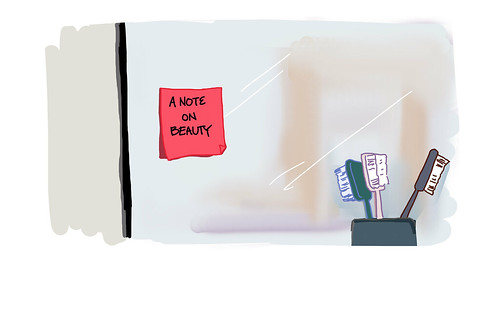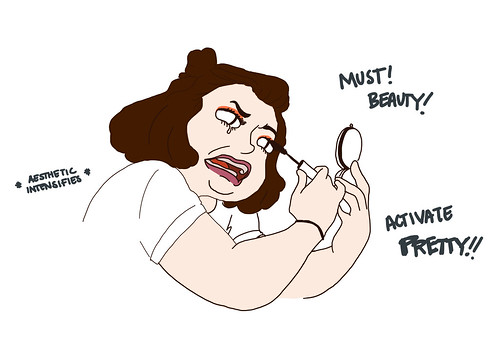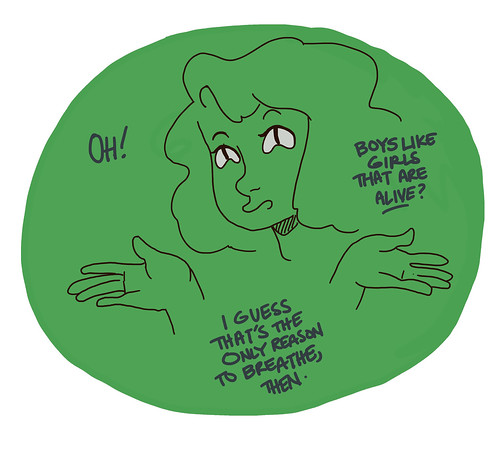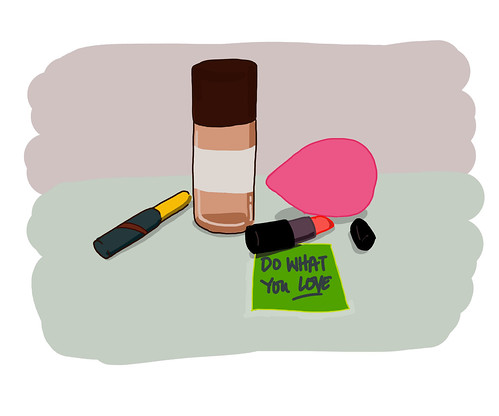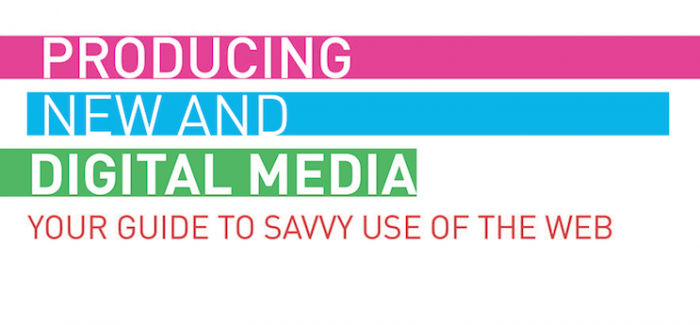On most mornings, you can often find me cross-legged in front of a mirror buffing on eyeshadow. It’s a process:
Admittedly, I had begun wearing makeup to please the false gods of society and snooty middle school girls who I always thought were cooler than me. I was delving into the world of beauty for the sake of others.
I was trying to match looks that weren’t necessarily meant for me, for the sake of fitting in. So, instead of makeup being a source of creative expression and confidence, it became a crutch and a prison. I HAD TO LOOK LIKE THE OTHER GIRLS!
In hindsight, however, I think I had to go through that painful stage to get to where I am now. I wasn’t born naturally assured of my worth and I had to work for it. I still do. Because of this, makeup for me today isn’t the same as it was for me five or six years ago. Where putting on eyeliner and the perfect mascara was a tool to fit in, those things today I do for myself.
Naturally, there are the skeptics:
“That’s BS. You just want to impress boys.”
“If you were actually confident, you wouldn’t wear makeup. You’d be fine with your own face.”
Well, I am fine with my own face. Thank you for the concern! Of course, there are days where I don’t feel one hundred percent and need the makeup to give me a little boost. But for the most part, I am happy with what my mama gave me. I have been living in my body for all 19 years of my life and I’ve seen it evolve and change and I have learned to love its little nooks and crannies. My makeup has become part of my routine, just like coffee or showers. And believe me, I don’t drink coffee or care for my hygiene for the sake of others.
A great little instagram video I saw a couple of years back mirrors my sentiments perfectly:
(Instagram: @tinawoodsss)
The first time I put purple on my eyelids at fifteen, I could hardly give two toots about what the cute guy in science thought. I put it on because I liked the way it made my eyes look. That same sentiment applies for the reds and yellows I put on my lids in the present, despite the colors not being “in season.”
I was scrolling through YouTube a few days ago, and I happened to watch a video of actor Dove Cameron getting her hair dyed. While her hair was processing, she and the man doing her hair were sitting outside in the LA sun, talking about life and beauty. About two and three quarters of a minute into the video, Dove says something that has stuck with me. She explains that Beauty gets a “bad rep” because it is often associated with vanity. But, “…if it comes from a place of self-love, it’s fun.”
Makeup isn’t necessarily about being prettier about everyone else. At least it isn’t for me. For me, the way I do my makeup or the way I dress isn’t to impress the world or boys or picky middle school girls. For me, Beauty has transformed from a social pressure into another piece of art. I do it for the love of it.
Hey, if anyone has any interesting eyeshadow looks you could suggest for me to recreate, please leave me a link below!
Thanks for reading and I’ll see you all next week!
Pebbles <3

